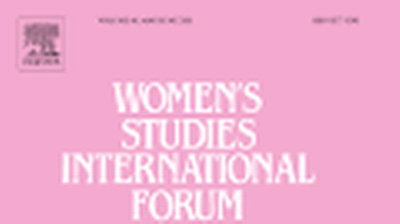CMI Working Paper
| 2005
Maybe free but not fair: Electoral administration in Malawi 1994-2004
Bergen: Chr. Michelsen Institute (CMI Working Paper WP 2005: 5) 18 p.
How to cite this publication:
Lise Rakner, Lars Svåsand (2005). Maybe free but not fair: Electoral administration in Malawi 1994-2004. Bergen: Chr. Michelsen Institute (CMI Working Paper WP 2005: 5)
Entering the third decade of multiparty democracy on the African continent, incumbents appear able to secure electoral mandates without opening for extensive political liberties. The paper argues that the administration of the electoral process is a key factor for understanding the still limited institutionalization of democracy in sub-Saharan Africa. Focussing on the case of Malawi, we show that electoral administration has not improved since the founding elections in 1994. Explaining why electoral administration has not improved, we focus on the institutional capabilities of the Malawi Electoral Commission (MEC) by assessing its capacity to administer free and fair elections. We find that the commissions' limited control over its budget, its inability to enforce the electoral regulations, and the appointment structures limits the commission's ability to carry out its functions. Second, we assess the electoral commission's relational resources in terms of its interactions with other political institutions. We find that the MEC is not perceived as an independent organisation by political stakeholders and civil society. The limited trust affects its ability to perform. Furthermore, the international donor community's active - in some instances intrusive - role in electoral administration has reduced national ownership of the electoral process.
Lise Rakner
Professor at University of Bergen and Associated Research Professor


